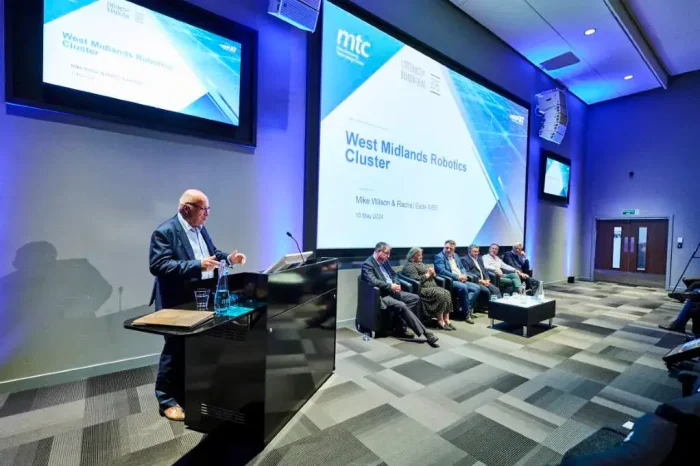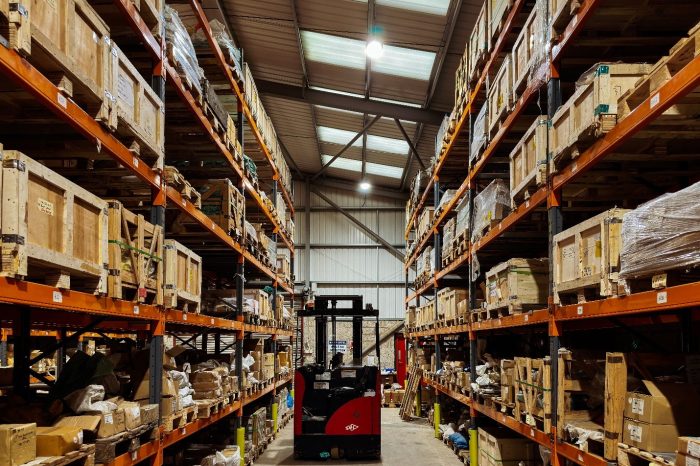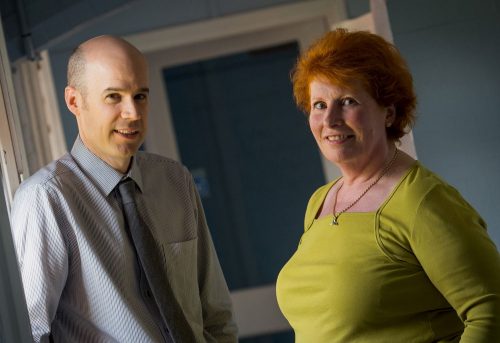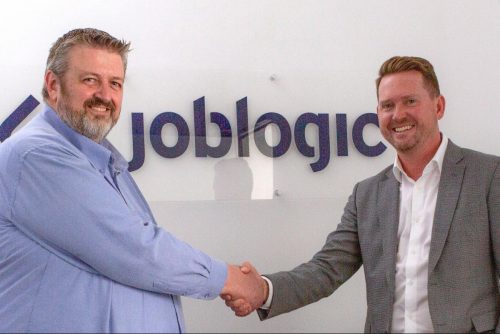PKF Cooper Parry Brexit brigade hosts seminar
The recently formed Brexit Brigade at IT services provider PKF Cooper Parry has just played host to a series of seminars at its East and West Midlands offices – and the feedback from both sides of the region reveals differing hopes and concerns for a post-Brexit business world.
The Brexit Brigade, which is made up of a team of seven of its brightest brains, teamed up with other industry experts to dispel some of the myths concerning Brexit and provide practical help to the region’s businesses on what the UK’s decision to leave the EU will really mean for them.
Reviewing the current state of the post-Brexit economy in the East and West were tax partner Matt Hodgson, corporate finance partner Andy Parker, business finance manager Mark Huddlestone and wealth partner Jonathan Elsigood.
Also on hand to share their experience and expertise in a no-nonsense way at the East Midlands seminar were Dr Eugene Michaels, senior economics lecturer at Derby University and James Robinson, investment director at Lloyd Development Capitals.
At PKF Cooper Parry’s Birmingham office, members of the Brexit Brigade were joined by Henrietta Brealey, director of policy & strategic relationships at Greater Birmingham Chamber of Commerce and Richard Whitwell, investment director at Lloyds Development Capital.
In the West, the general feeling was that although the future won’t be easy post-Brexit, companies will overcome the worst of the problems that Brexit throws up and overseas companies will still want to invest in the UK, with confidence remaining at a fairly high level.
The stronger manufacturing presence in the West Midlands seminar highlighted the desire to exploit opportunities in new export markets. Interest rates seemed of less concern for business as expectations remain focused on long-term stability at low rates.
Henrietta discussed Business confidence and local export sales, both of which have increased significantly in the last few months. She said that reports show exporting manufacturers are benefitting from the weaker pound but exchange rates remain a key concern moving forward.
She concluded that the overall picture is positive for businesses in the region, with the hope of increasing confidence levels even further in the months to come:
“Recruitment companies are very busy at present, which is usually a good indicator of the hiring intentions of companies and their performances.”
Richard Whitwell continued this sense of optimism in the West:
“My message to companies following the Brexit vote is to stay patient. Businesses that were good and successful before the vote won’t suddenly be folding following the vote and if they’re run properly they’ll always find investment.”
Whilst much of the optimism shown in the West carried over to the East, uncertainty was a recurring theme and there was a slightly more negative outlook.
Andy Parker claimed this is reflected in the fact there has been a 25% reduction in deals in the third quarter of the year post-Brexit, and concluded that uncertainty is something we’ll just have to get used to.
He addressed delegates’ concerns with reports of FTSE 100 having recovered since the Brexit vote, driven by low interest rates and international earnings strengthening. Andy encouraged businesses to maintain a pro-active approach and reassured them that there’ll be no immediate effects of Brexit.
Eugene Michaels discussed the drop in consumer confidence, but consoled the audience with the knowledge that companies with business outside the UK have risen back to their pre-Brexit stock market value. However, growth will slow down and he warned investors to expect inflation.
There were on-going references to the 2008 global financial crisis, with James Robinson making direct comparisons between this and Brexit. Despite the high degree of economic uncertainty present on both occasions, James reassured business owners and his advice was to be opportunistic:
“SMEs are in the best possible position to respond to Brexit, as they’re small and nimble enough to bounce back from changes. Be optimistic – don’t sit on your hands and wait to see what will happen!”
Similarly, Mark Huddlestone encouraged business owners to distinguish between crisis and opportunity following the Brexit vote and asserted that working out their own short and long term goals will be essential for succeeding in a Brexit economy.
In order to ensure stability throughout what promises to be a tumultuous period for the business world, Jonathan Elsigood described Brexit as the makings of a perfect storm for investments and urged delegates to have a plan for our future and understand their risk and return.
His message was: “Markets don’t lose money, people do.”






